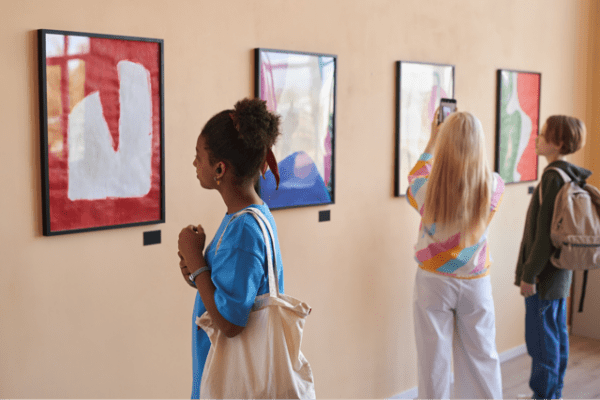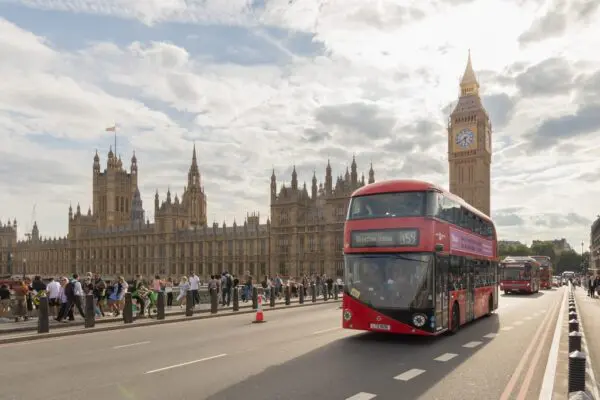
Utrecht, Netherlands
The 20th Century: Europe in Three Wars
When:
03 August - 14 August 2026
Credits:
4 EC
Read more
Cultural Studies
When:
09 July - 07 August 2012
School:
The ACE Foundation Summer Schools
Institution:
The ACE Foundation, Corpus Christi College, Cambridge
City:
Country:
Credits:
8 EC
Fee:
5400 EUR

The Corpus Christi College Summer
School in British Archaeology provides in-depth teaching in all of the major periods of
British Archaeology within a European context and is taught by academic staff from Cambridge and affiliated academic institutions. The month-long summer school is based in the medieval setting of Corpus Christi College, founded in 1352, one of the oldest of the 31 historic colleges forming the University of Cambridge.
The program offers an exciting opportunity to study in England and will be of interest to students studying the social sciences and humanities, especially those with in interest in archaeology. The course also includes field visits in the company of experts to many famous and fascinating archaeological sites and students will have the opportunity to learn basic excavation techniques in the field. A limited number of spaces will also be available for those who wish to extend their stay and take part in a leading archaeological dig (at additional cost).
Any student attending this course can expect up-to-date teaching in archaeology, as well as making new acquaintances, both informally and professionally. It is anticipated that students will obtain eight credits for completing the course .
Professor Sir Paul Mellars, PhD, ScD, FBA, FSA (Course Director, Palaeolithic) Katherine Boyle, PhD FSA (Co-director, Environmental & Economic Archaeology) Sheila Kohring PhD (Method & Theory) Caroline Malone, PhD, FSA (Later Prehistory Archa
Participation in the summer school is limited to undergraduate and graduate students of four-year accredited colleges or universities. Applicants should normally have a cumulative grade point average of B or better in their college studies
The academic course has four principal components:
1. A series of 25 lectures and seminars given by academics covering the successive periods of British prehistoric and post-prehistoric archaeology, from the earliest settlement of Europe to the end of the medieval period ca.1500 ad. A further series of 8 lectures devoted to method and theory provide a basic structure for interpreting and contextualizing the chronological material. Each module will include a seminar on the topic and a practical aspect.
2. Field visits to the British Museum, Colchester, Sutton Hoo, West Stow and Headingham Castle are interspersed through the course. Shorter visits will be made to the medieval colleges of Cambridge, the collections of Fitzwilliam Museum (University of Cambridge), the Museum of Archaeology and Anthropology (University of Cambridge), and the unique collection of Anglo-
Saxon and early medieval manuscripts housed in the Parker Library of Corpus Christi College, which contain almost 25 percent of the world’s Anglo-Saxon manuscripts.
3. Tuition in practical excavation methods, techniques and research are provided at the site of Stapleford, including a research design practical and 2-days of test-pitting (Phase I/II excavation experience).
4. A four day study tour of Ancient Wessex (see below).
Some lectures will be at the weekends but time will also be allowed for individual study and exploration.
For 2012 an optional 2-week fieldwork extension is available, in which you will be able to take part in an important prehistoric archaeological excavation in the UK. The number of places is strictly limited to 4 so please contact us as soon as possible to receive further details.
Ancient Wessex Tour
In addition to the series of field visits closer to Cambridge, the Summer School incorporates a four-day excursion to the Wessex region of southern England. This area is home to many important and famous prehistoric sites including Stonehenge, Woodhenge and Durrington Walls, Avebury, West Kennet, Silbury Hill, Salisbury and Old Sarum.
Fee
5400 EUR, The price includes accommodation in single rooms at Corpus Christi College whilst in Cambridge, as well as shared accommodation on the Wessex field trip. It includes all meals, tuition, internet access, special University facilities and all field trips (including travel) and admission costs. The cost does not include travel to and from Cambridge, insurance, entertainments or other optional activities.
When:
09 July - 07 August 2012
School:
The ACE Foundation Summer Schools
Institution:
The ACE Foundation, Corpus Christi College, Cambridge
Credits:
8 EC

Utrecht, Netherlands
When:
03 August - 14 August 2026
Credits:
4 EC
Read more

Lancaster, United Kingdom
When:
06 July - 24 July 2026
Credits:
5 EC
Read more

London, United Kingdom
When:
04 July - 25 July 2026
Credits:
10 EC
Read more